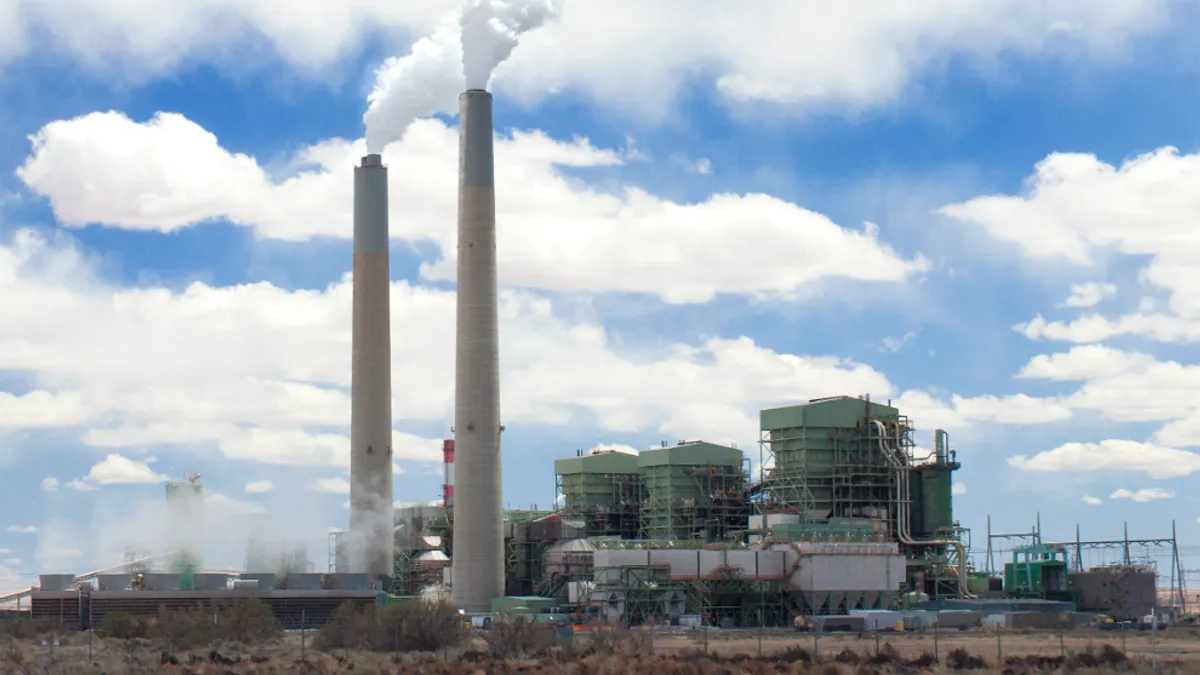Dive Brief:
- Xcel Energy has announced a plan to accelerate its use of renewable power, including shutting down two controversial coal units by 2026, Midwest Energy News reports.
- The company has set new renewables targets, saying its generation mix will be 28% renewable within five years and 35% renewable by 2030.
- Minnesota clean energy advocates had argued that the utility's integrated resource plan (IRP) proposal to reduce its emissions 40% could not be achieved without shutting down the Sherco units.
Dive Insight:
When Xcel Energy filed its integrated resource plan with Minnesota regulators in January, critics pointed out that plans to reduce emissions didn't align with continued operations at Sherco. The groups, including the Sierra Club and the Minnesota Center for Environmental Advocacy, filed a plan with the Minnesota Public Utilities Commission that argued “there is no economic justification for continued operation of Sherco Units 1 and 2.”
Xcel has listened, and filed an amendment to its IRP that calls for closing Unit 2 by 2023 and Unit 1 by 2026. The plan also calls for continued operation of nuclear plants at Monticello and Prairie Island, and developing new gas generation in the region, including at Sherco and in North Dakota. Xcel also said it will continue to work with customers on energy efficiency.
"By 2030 our successful energy efficiency programs combined with our renewable energy additions will allow us to avoid adding three more combined-cycle gas plants to our system," the company said.
The plan calls for developing 1,200 MW of renewable energy by 2020, and that the new plan will help cut emissions by 60% by 2030, relative to 2005 levels. Xcel's initial IRP called for reducing carbon emissions by 40% and delivering 63% carbon-free energy by 2030; a plan critics said wouldn't be achieved without closing the Sherco units.
“Today’s proposal provides the clean energy our customers want, as well as the cost-effective transition our customers need,” said Chris Clark, president of Xcel Energy-Minnesota in a statement. “By allowing adequate time to transition our workforce and the communities we serve, we can meet their needs and lead the way in delivering carbon free energy.”















